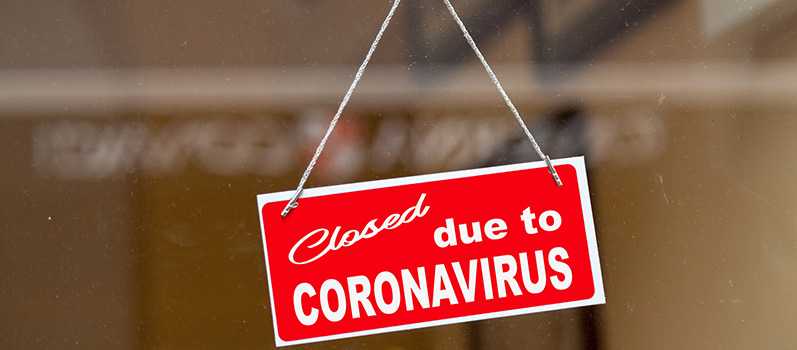
What We Know About “Essential” Errands
With millions across the country being told to stay home in order to flatten the curve of COVID-19, the orders often include the term “essential errands.” Even for individuals not living in places with these orders, many are looking to do their part to slow the spread of the virus. By reducing our interactions with each other, including grocery store workers and gas station attendants, we can help to do our part.
The definition of “essential” seems to evolve daily, and sometimes even hourly. In broad terms, anything that is not necessary for your health or safety is considered non-essential. While getting groceries, going to the doctor, and fueling your car are essential activities, here’s what you can do:
• Reduce the number of trips that you need to make out of your house so that you have to refuel your car less frequently
• Look into pick-up or delivery options for groceries in your area
• Ask your pharmacy if they are offering prescription deliveries
• Order food for takeout, if you are able (this is also a great way to help support small businesses)
• Postpone non-essential doctors’ appointments for later, or inquire about virtual appointment options
• Consider your mental health by taking a walk or a bike ride: as long as you are maintaining social distancing, it is safe to go outdoors
Note that if you are considered high-risk, or if you live with someone who is considered high-risk, you should take extra steps to be safe. Seek out more alternatives for delivery services and check in with friends and family members to see if they can help you accomplish more things in order to avoid leaving the house.
If you make an essential trip, be safe by:
• Planning ahead and making a list of things that you need in order to cut your errand’s time short and also make fewer trips
• Go out during non-busy times, especially if you are high-risk
• Avoid large crowds at the store and maintain social distancing in the aisles
• Use hand sanitizer and your own writing utensils
• Wash your hands for 20 seconds with soap and water when you return home
Think about all the places you often go, where the person assisting you is physically close to multiple people all day long. Along with doctors and nurses, home health aides and teachers, those at risk include your hairdresser, waiter, cashier and retail worker.









